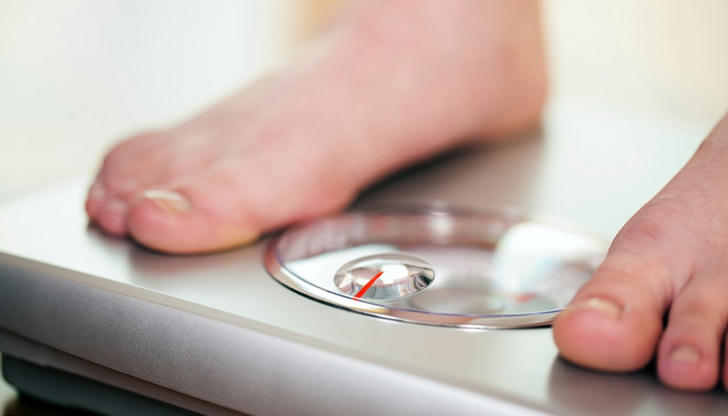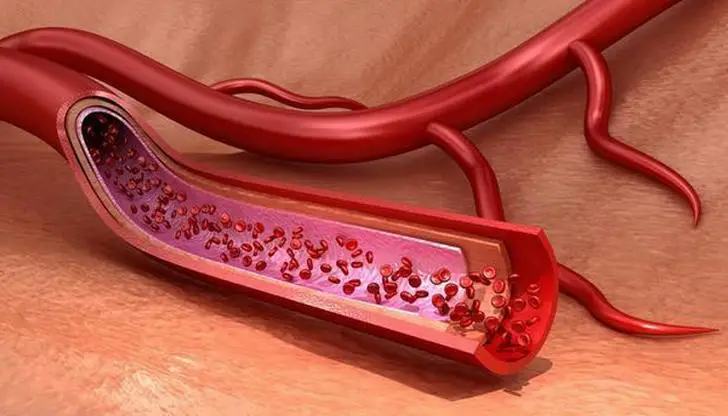Why Am I Always Cold? 7 Possible Reasons.
Advertisement
Whether you're trying to concentrate in a cold office or lie down comfortably before sleep, the cold feeling is definitely not what you want. It’s common for some people to feel cold more easily than others, especially for their hands and feet. If you often find yourself searching for extra layers and a pair of warm slippers, that doesn’t necessarily indicate an underlying problem. Still, you might be wondering, why am I always cold?

1. Physiology

Women are biologically colder than men. Women also tend to direct more blood to organs, which can make their hands and feet colder as blood is directed elsewhere.
2. Dehydration

Making up 60% of the body, water carries heat and then releases it slowly to help keep the body warm. However, when you're dehydrated, your body can't regulate heat properly, so you feel cold. Water also helps with metabolism, so a lower metabolic rate also means you'll feel cold.
3. Anemia

According to the American Society of Hematology (ASH), anemia occurs when you don't have enough healthy red blood cells to carry oxygen throughout your body. According to the U.S. National Library of Medicine, this could be due to your body making too few red blood cells, or losing too much blood for some reason. There are many types of anemia, but the most common is caused by iron deficiency.
4. Hypothyroidism

One of the most important functions of thyroid hormones is to regulate the body's metabolism. If thyroid hormone levels are too low, people’s metabolism slows down, leading to less heat production and the cold feeling.
5. Low body mass index(BMI)

Body fat shields you from the cold, so if you don't have enough supply of fat, you'll feel colder than other people. Patients with cancer or serious chronic diseases are often low in body fat and easy to feel cold.
For those with anorexia nervosa, they not only have low body fat, but also restrict caloric intake. Severe calorie restriction lowers the metabolic rate, which in turn leads to reduced body heat production.
If you also have symptoms such as severe dietary restrictions, you should consult your doctor or mental health professional as soon as possible.
6. Lack of sleep

Poor sleep can lead to colder feeling. The reason is unclear, but it may be linked with the decreased function of the hypothalamus and other endocrine glands, which leads to lower metabolism.
7. Circulation or blood vessel problems

Circulation issues may reduce blood flow to the hands and feet, thus causing these areas to feel cold. Your heart can’t pump blood efficiently to reach the extremities. Besides, blockages in the arteries related to cholesterol, high blood pressure, diabetes or smoking may prevent enough blood from reaching these areas.
Some vascular diseases, such as Raynaud's disease, cause blood vessels to spasm and narrow, reduce blood flow to these areas and result in cold extremities.
Are you under your blanket now? Don't ignore these symptoms as feeling cold all the time can indicate something more serious. If cold intolerance is new for you and doesn't go away for a while, you should see your doctor.



